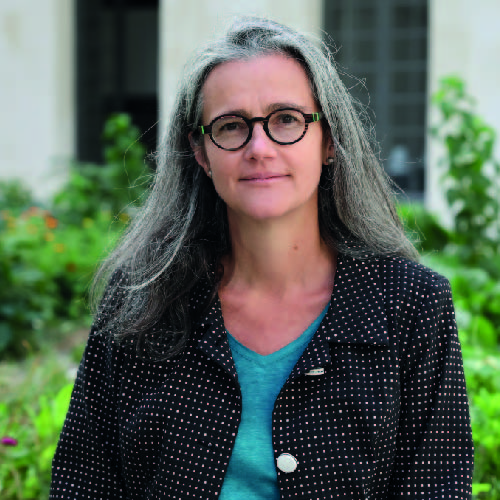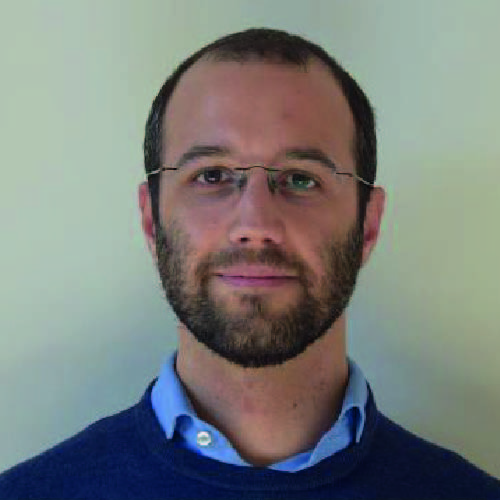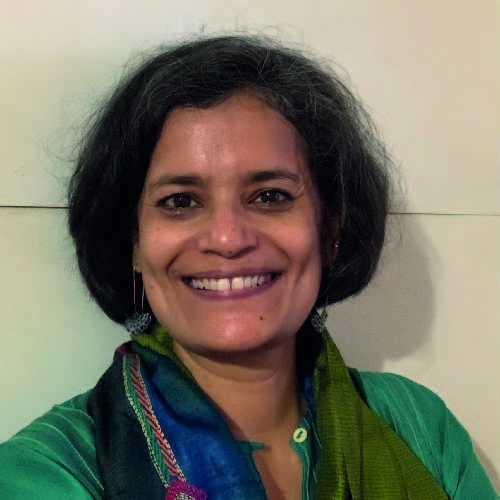AESOP 2024 ANNUAL CONGRESS | TRACKS
36th AESOP Annual Congress 2024 Paris, France
“GAME CHANGER? Planning for just and sustainable urban regions”
Track 16 NETWORKS AND DATA
Planning and socio-technical systems, digital methods and technologies
Chairs:
- Daniel Florentin, Mines Paris Tech
- Michele Campagna, Università degli Studi di Cagliari
- SaeBom Song, Karlsruher Institut für Technologie (KIT)
Are metropolitan-oriented major infrastructure networks adequate and aligned with growing environmental pressures and raising calls for just and sustainable urban regions? Planning activities are increasingly destabilised when not ontologically questioned by the environmental turmoil and its different facets. Large-scale infrastructure systems have long been framed as resource-efficient socio-technical arrangements of service provision. However, their material and energy footprint and the dynamics of growth of resource-intensive practices they have often supported have largely been neglected. Can the LTS (Large Technical Systems)-urbanism and the thermo-industrial nexus it encapsulates be somewhat overcome? Is one such transformation a shared concern or a new form of geographical divide? Recent examples like the road projects assessment in Wales, where a vast number of infrastructure projects have been halted or abandoned due to their contribution to environmental degradations, shed light on possible new infrastructural trajectories, hence transforming planning practices in the face of climate pressures.
At a larger level, the activity of planning of/for urban/regional infrastructures thus seems to be torn between potentially incompatible transitions and objectives, i.e. the quest for sufficiency and resource-sensitive approaches on the one hand and continuously growing, supply-driven, material-intensive and carbon-heavy infrastructural developments on the other one. There is a vivid need to equip reflections on what ecological networks and a redistributive sufficiency-oriented ecological planning of infrastructures can be, which coalesces environmental and justice concerns and considers the level of material and social interdependences between territories.
Concomitantly to these raising issues, and possibly in contradiction with them, continuous advances in digital technologies and Artificial Intelligence (AI) have had enormous impacts on the evolution of socio-spatial systems and on planning practices. How is such a transformation shifting the type of problems addressed by planning (only those subject to digitalisation and quantification) and the type of urban order that it entails? This questions how digitalisation may create the new broad geographical and social divide and pushes to challenge the so-called promise of smart infrastructural systems that are supposed to improve resource efficiency, to grasp their variegated contributions to tackle or even to contribute to environmental and social transformations.
This track welcomes critical contributions on substantive and processual issues and socio-technical approaches, such as (but not limited to):
- Ecological expertise in planning practices (presence, implications)
- Sufficiency-oriented infrastructure networks
- Urban justice, urban sustainability, and urban networks
- Planning support methods, technologies, systems
- Conflicts around digital technologies in urban planning
- Articulation between digital and ecological perspectives in planning
- Alternative forms of planning for socio-technical systems and their governance (grass-rooted, demand-oriented, resource-sensitive, etc.)
- Infrastructural violence, inequalities of access to networks and planning
- Big geospatial data for planning (open, social, volunteered, sensors, infrastructures, platforms)
- Urban and regional models (multi-dimensional representations, digital twins, Virtual/Augmented reality, simulation, impact assessment, forecasting, what-if, etc.)
- Artificial intelligence in spatial planning and governance
- Innovative technologies for smart urban and territorial systems (in transport, energy, nature, agriculture, tourism, housing, industry, etc.)
- Diffusion of digital technologies in spatial planning and governance research, education, and practice
- Social appropriation of digital technologies in urban and regional systems.
LOC
The Local Organising Committee













